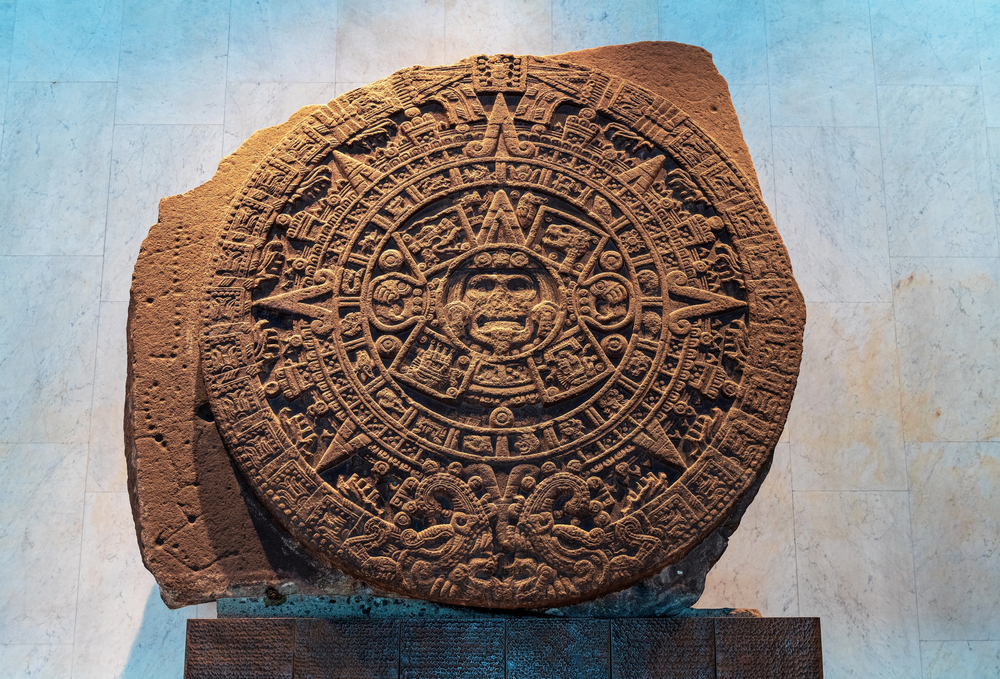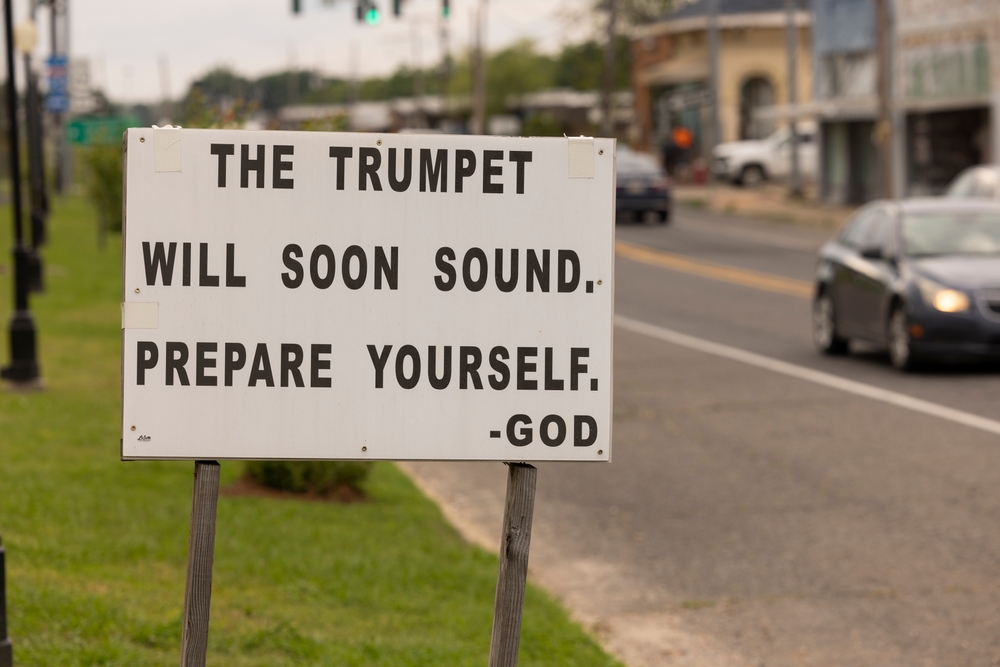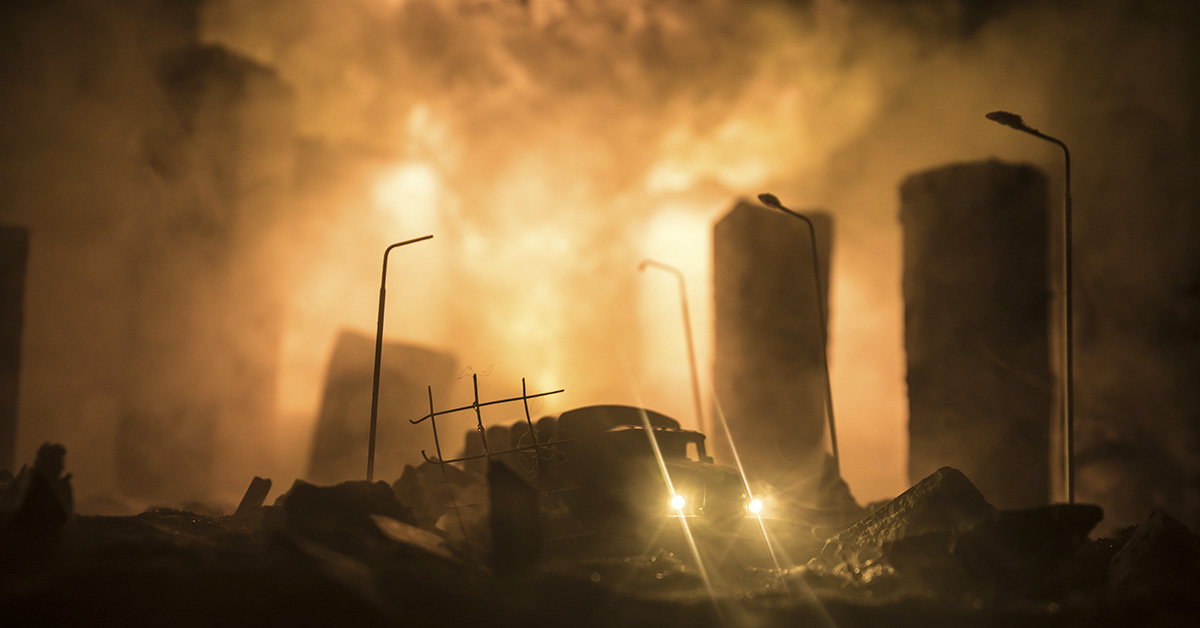September 23, 2025 was the date that was supposed to be it, the end, the day Pastor Joshua Mhlakela said the rapture would shake the earth. He tied it to Rosh Hashanah, the Jewish new year, and told people the world wouldn’t look the same again. And you know what? Some poeple actually believed him. They went and quit their jobs, sold their cars, and even packed “rapture kits” for those who would be left behind. But that day has come and gone, and world looks just the same as before.
The Viral Prophecy
The pastor from South Africa didn’t whisper it either. He stood there, serious, and said September 23–24 would be the moment. The Feast of Trumpets, that’s what he connected it to. Some Christians already think that holiday lines up with end times, so it was easy to believe.
TikTok made it worse, or maybe just bigger. Hashtag #RaptureTok turned into a rabbit hole where videos spread like wildfire. People weren’t just talking about it, they were making big moves by selling their homes and vehicles. Others joked about pets, asking if dogs go too.
Without TikTok, Mhlakela’s message likely would have stayed in small church circles. Instead, it went global. The short clips got millions of views, each one more dramatic than the last. People crying and packing, some laughing nervously. Videos and comments were filled with people who had questions. Some were serious, others were trolling.
Real-Life Fallout
What started online didn’t stay online. People made actual life choices. They resigned from jobs, some even sold their belongings and pulled savings out. Cars, homes, whatever they could offload quickly.
The fallout? It’s already here. If you sold a car cheap thinking the end was near, you’re stuck without wheels now. If you quit your job yesterday, you’ll need to explain that decision tomorrow. It’s easy to laugh from the outside, but for the people who believed, this is painful. Panic doesn’t vanish just because the clock moves forward.
History Keeps Repeating
It’s not the first time we’ve seen this happen. Remember Harold Camping back in 2011? He set dates, people believed him, and when nothing happened, it left devastation. Camping ended up admitting his timing was wrong and retired from his job at the Family Radio.
Then the Mayan calendar prediction in 2012. The whole world seemed to be waiting for December 21. Books, movies, endless chatter, and in the end, it was just another day.

Even older stories sound familiar. The Millerites in the 1840s gave away everything for Christ’s return. The “Great Disappointment” is still remembered by historians. Halley’s Comet in 1910 scared people into buying gas masks. Heaven’s Gate in 1997 ended tragically, with lives lost for a promise that never came true.
The pattern is predictable. A claim, excitement, big sacrifices, and then, silence.
Read More: How Will The World End? Top 10 Most Likely Scenarios
Why People Still Fall For It
It’s easy to ask why people keep falling for this stuff. Experts say fear is part of it. When life feels uncertain, simple answers sound comforting.
Community also adds to it. TikTok created a space where people weren’t alone in their belief. Being part of #RaptureTok gave a sense of belonging.
Hope also plays a part. For some, the rapture wasn’t a scary ending, it was escape. A way out of life’s difficulties. That makes it attractive, even if it’s false.
The power of social media can’t be ignored. Before, prophecies spread slowly. Now a single clip can reach millions before breakfast.
The Emotional Mess Left Behind
Embarrassment. Anger. Confusion. Those are the emotions hanging in the air right now for many. Some people might never admit they believed. Others will blame the pastor. Families might fight over who “wasted” money or who was right not to believe.
Faith itself might take a hit too. Some will walk away from it all. Others will double down, saying the math was just wrong. And so the cycle gears up again for another round.

Lessons We Shouldn’t Ignore
Now that September 23 have passed without event, the lessons are plain to see. People need to be cautious when faced with extraordinary claims, especially those spread quickly online. Viral videos can feel convincing, but they are not evidence of truth.
Acting out of fear often leads to regret, whether it means quitting a job or selling possessions too quickly. Understanding how fear, hope, and the pull of belonging drive these movements can help prevent falling into the same trap again. History has shown time and again that every prediction of the world’s end has failed, and this moment only adds to that record.
Final Thoughts
Even though September 23 was supposed to be the day, nothing changed. Tomorrow will come like it always does. But the cycle won’t stop. Someone else will name a new date, and another hashtag will trend.
What matters is whether people learn this time. Some people upended their lives thinking this was it. And yet, here we are. The world didn’t end. It keeps spinning, same as it always has.
Read More: Scientists Just Moved the Doomsday Clock – Here’s How Close We Are to the End of the World

